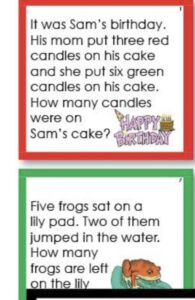As a changes of pace, I am excited to share a recent interview that was conducted with me by “Beautifully Complex: Navigating Neurodiverse Parenting.”
The interview is only about 30 minutes. Would love to get your feedback on it.
If you enjoy it, please share it with others.
Here’s the link: (Selznick Podcast Interview)
———————————————————————————————————————————–
Feel free to make comment below.
To receive future blog posts, register your email: https://shutdownlearner.com.
To Contact Dr. Richard Selznick for advice, consultation or other information, email: shutdownlearner1@gmail.com.

 Copyright, Richard Selznick, Ph.D. 2023, www.shutdownlearner.com.
Copyright, Richard Selznick, Ph.D. 2023, www.shutdownlearner.com.

 Understanding what children want can bring about a major shift in your thinking. If you embrace this concept, I predict your perceptions will change for the better, which then will impact your child.
Understanding what children want can bring about a major shift in your thinking. If you embrace this concept, I predict your perceptions will change for the better, which then will impact your child. Not sure when the reverence for word problems emerged, but it seems that children are almost exclusively taught math through word problems. I believe it’s linked to the theory that math should always be enhancing “higher order thinking.”
Not sure when the reverence for word problems emerged, but it seems that children are almost exclusively taught math through word problems. I believe it’s linked to the theory that math should always be enhancing “higher order thinking.” Largely supported by the medical model, when parents have their child assessed they are often focused on “the diagnosis.” Such a model embodies a, “Yes, they have it,” or “No, they don’t have it,” (whatever “it” is) perspective.
Largely supported by the medical model, when parents have their child assessed they are often focused on “the diagnosis.” Such a model embodies a, “Yes, they have it,” or “No, they don’t have it,” (whatever “it” is) perspective.